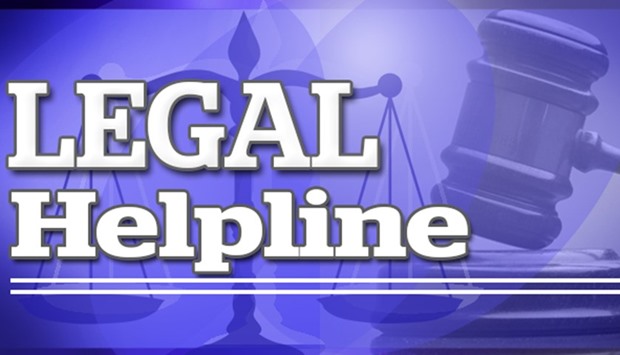Question: We are an international construction contracting company having a JV firm in Qatar and wanted to confirm the applicability of force majeure conditions. There was a debate that this will be applicable only for fully owned Qatari companies. Please advise.
SR, Doha
Answer: Force majeure provisions are common in contracts and are generally enforceable. When invoked, force majeure essentially frees both parties from liability or obligation to a contract in the event of circumstances beyond the control of the parties, such as act of God, war, fire, flood, earthquake, government orders, etc.
Article 256 of the Qatar Civil Code - Law No 22 of 2004 states: “If the debtor does not perform the obligation specifically, or is delayed in its performance, he is obliged to compensate the damage caused to the creditor; unless it is proved that the non-performance or the delay was for an extraneous cause for which the debtor is not responsible.”
Under Article 258, parties are allowed to contractually agree that the debtor will be liable for the consequences of force majeure. Accordingly, where a contract contains a force majeure clause which specifies the exclusive events that constitute force majeure, it will be generally binding and enforceable. However, as Qatari law provides no definition for what constitutes a force majeure event, unclear drafting of the force majeure conditions in the contract often makes it difficult to establish with any certainty the extent to which the clause is applicable.
Premises unfit
for business
Q: We approached a real estate company for premises which can be used for conducting our business by making some modifications. We entered into a contract with the landlord for two years and when we approached the landlord for agreed modifications, the landlord refused to do so. We had made several requests in writing but to no avail. The landlord also refuses to terminate the contract. What action can we take in such a situation? Please advise.
UA, Doha
A: If the premises leased is unfit for the purpose, the lessee can approach the rental dispute committee for termination of the contract. It is duty of the lessor to deliver the leased property and its annexes in a condition fit for its intended use, either as agreed or according to the nature of the property. As per Article 591 of the Civil Laws, if the leased property is delivered in such a condition that it is unfit for the use, the lessee may demand either the termination of the lease agreement or a reduction of the rent equivalent to the loss of use; in both cases, lessee is entitled to claim compensation, if compensation is due without prejudice to his right to oblige the lessor to perform all necessary modifications.
Procedure for
case of forgery
Q: I filed a case against my ex-employer for recovery of pending dues. During the proceedings, the company submitted a document stating that I have received all the payments due. But I have never signed any such document. It is a forged document. In such a situation how can I proceed with this issue? Do I need to file a police complaint? Please advise.
OS, Doha
A: As per Article 236 of the Civil and Commercial code of procedure, the forgery may be claimed at any stage of the case by submitting a report to the office of the Registry of the court that specifies all parts of the exhibit in which the alleged forgery took place and all claimed acts of forgery, otherwise the claim shall be null and void. The party who makes the claim shall notify the other party within 10 days after preparing the report by a memorandum, explaining the evidence of forgery and investigation procedures that he requires for evidence, otherwise his claim may expire.
Unauthorised use
of trade name
Q: We have registered trade name in GCC and one company in Qatar with a similar activity as ours is using the same trade name to market business. They use our trade name to gain more business by confusing the customers. What is the provision in law to take action against such an illegal action? Please advise.
KS, Doha
A: According to Article 68 of Trade Law, if anyone, other than the owner of the trade name, uses such a name without permission, the concerned parties may request that its use be avoided and also request for deletion of its use if it is registered in trade registry. Unauthorised use of trade name shall be punished with imprisonment of not more than one year or a fine of not more than QR100,000 or both. According to Article 69 of Trade Law, a trader may not resort to means of deception and fraud in marketing his goods, and may not publish statements that are detrimental to the interest of another trader in competition with him, otherwise he will become liable for the detriment arising from such an action. The said actions of the competitor are considered to be unlawful competition that requires compensation.
* Please send your questions by e-mail to: [email protected]

legal helpline
